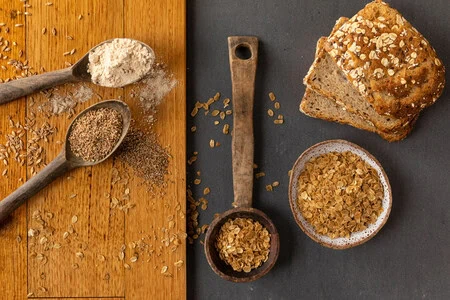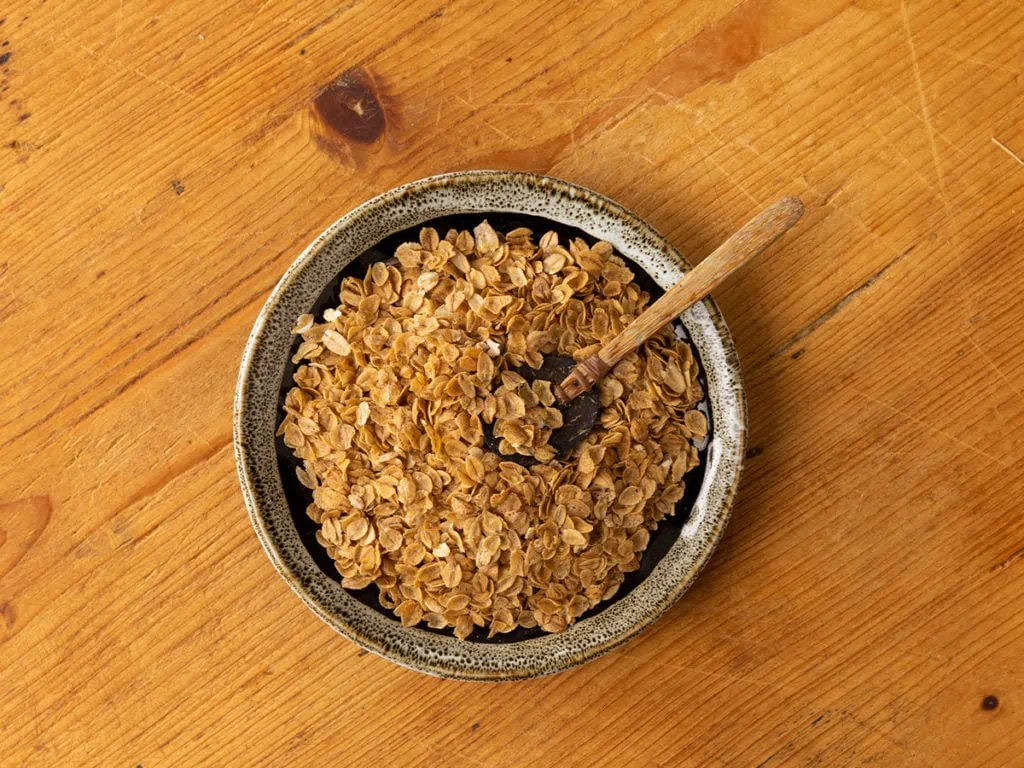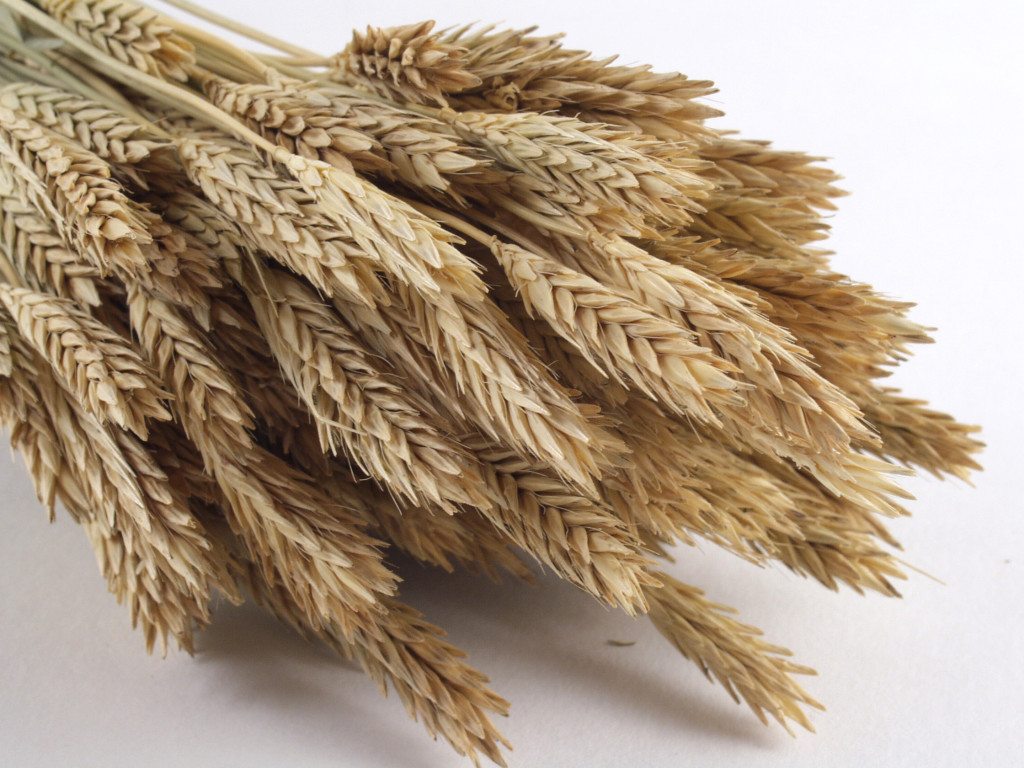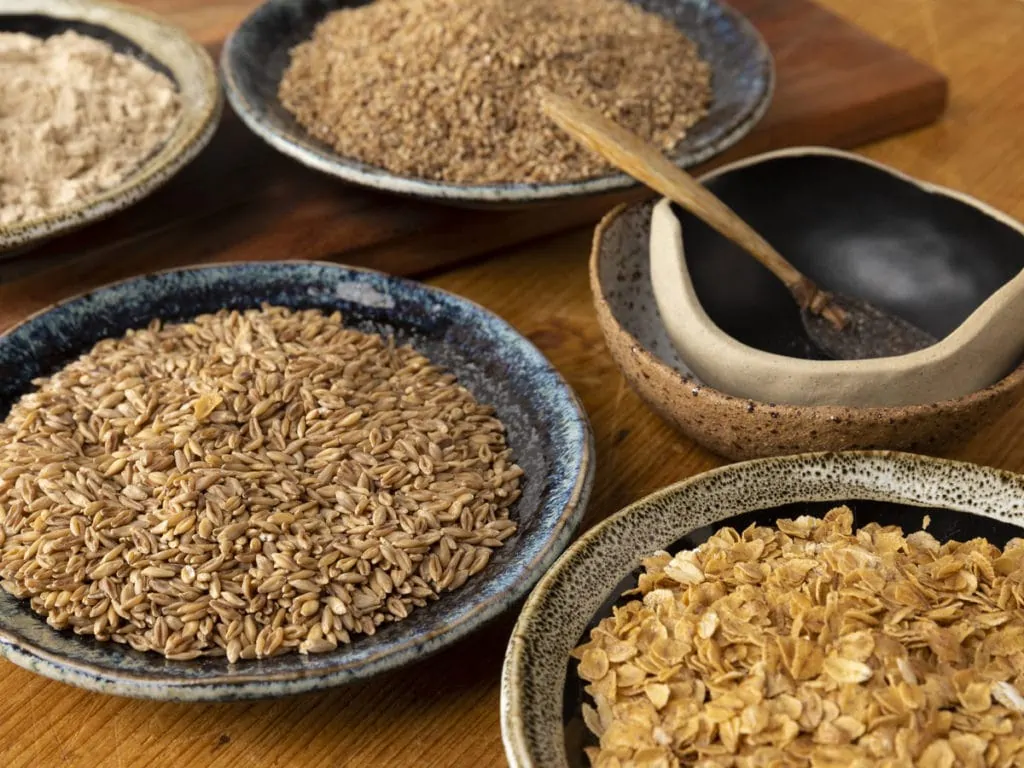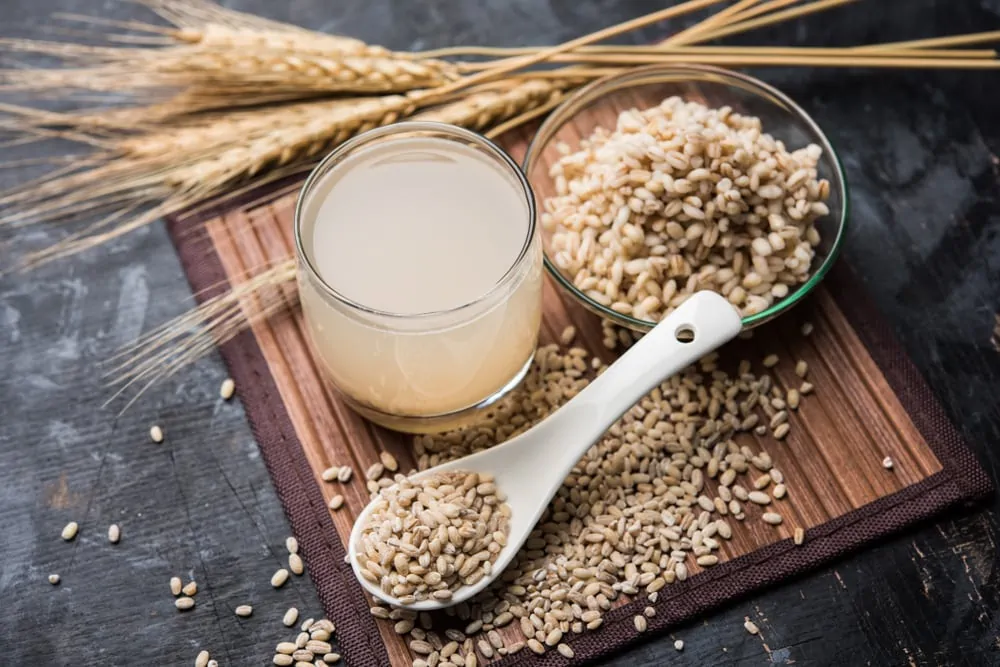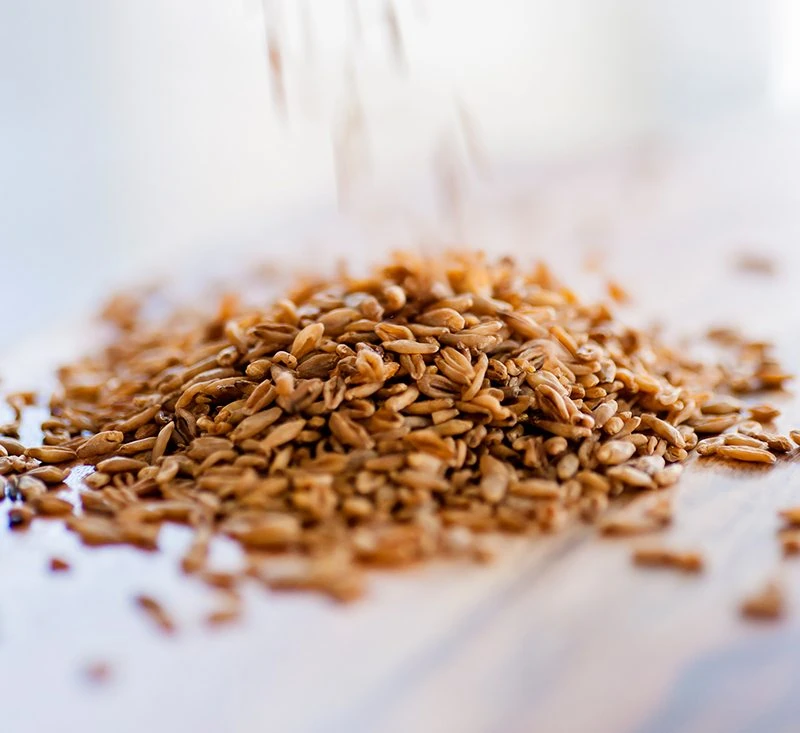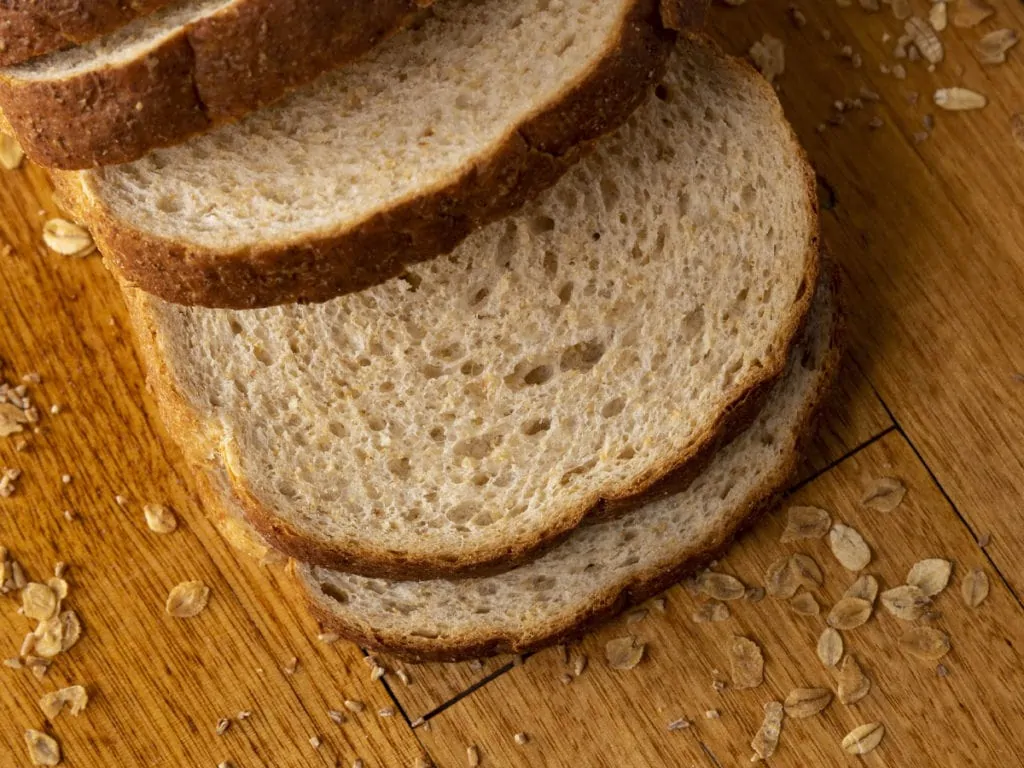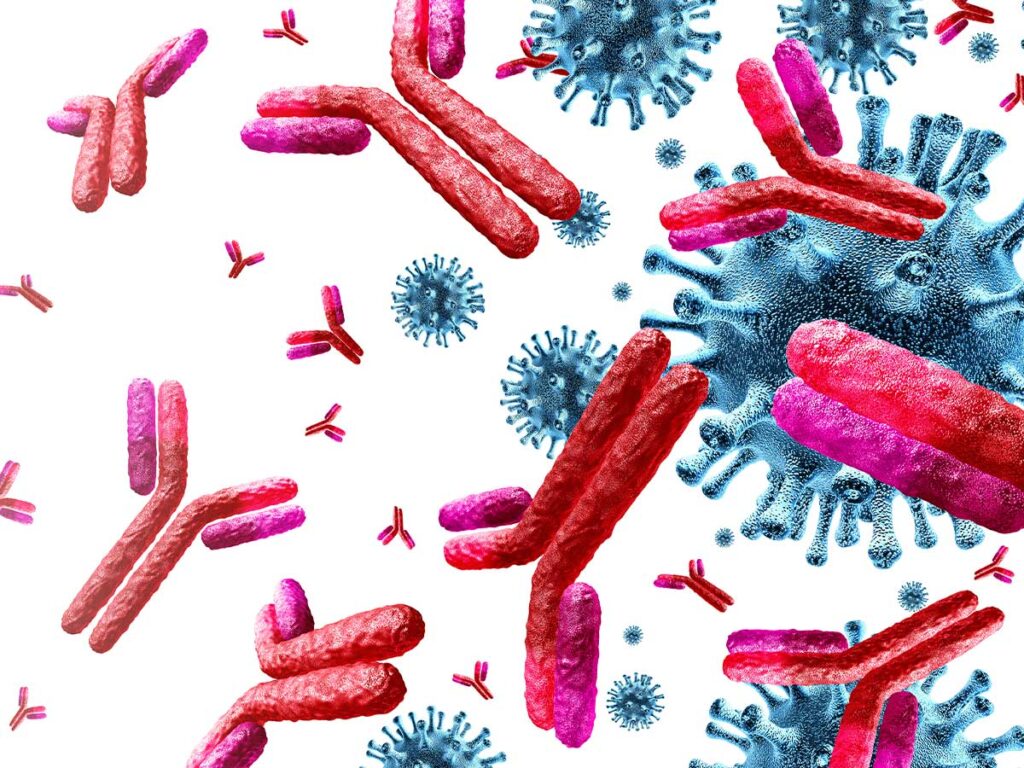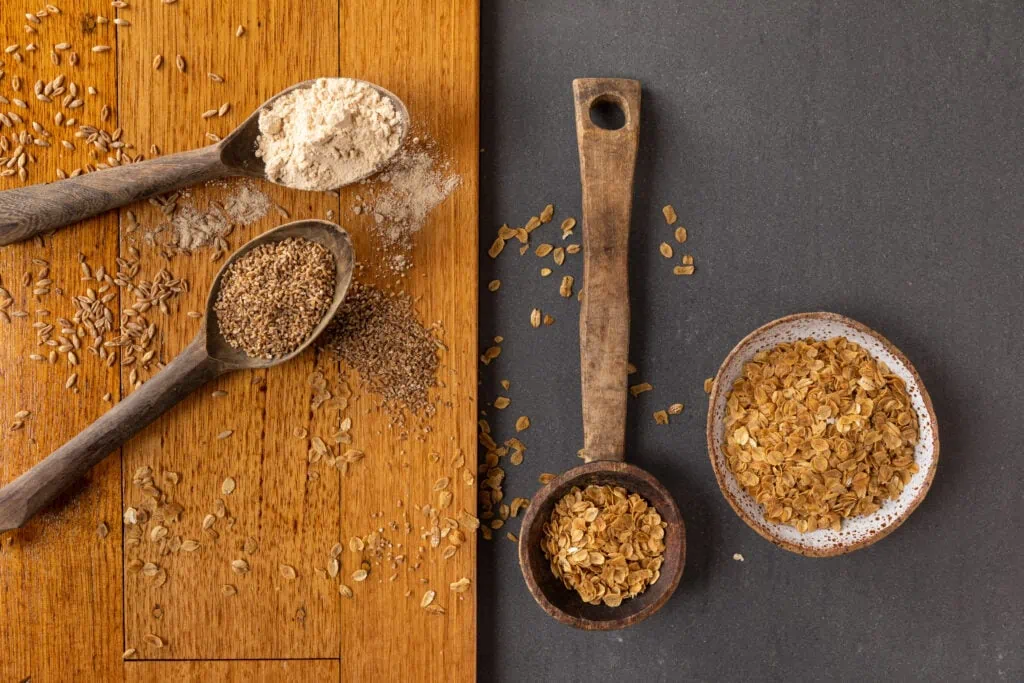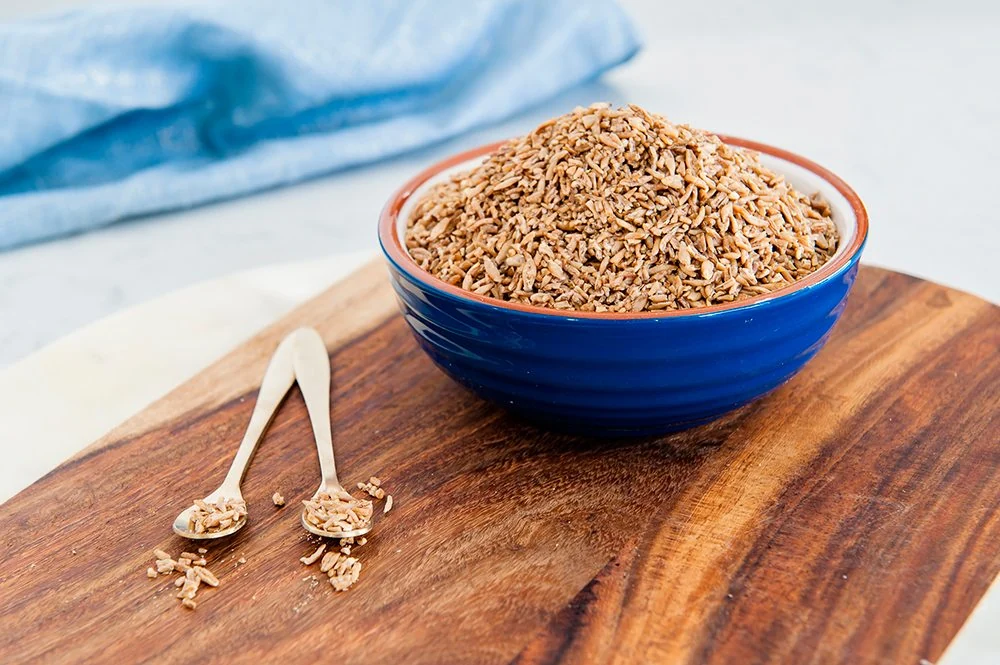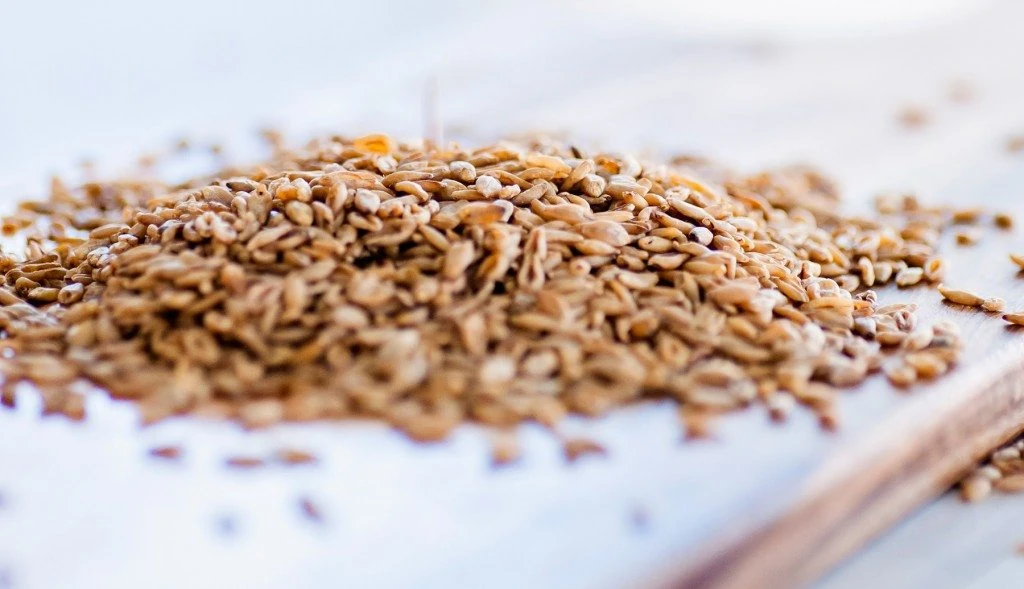
The trial was a single blinded randomised cross over trial with two interventions, white bread and the high fibre bread containing BARLEYMAX®.
The high fibre bread dietary change doubled fibre intake to 40g per day compared to baseline but without noticeable changes in bowel habits or discomfort.
The bread contained 18g/100g of BARLEYMAX® steel cut whole grain and resulted in increased faecal alpha diversity and increased abundance of two species of bacteria – Lachnospiracae and Roseburia, noted as butyrate producers.
The authors hypothesised that though the resistant starch levels were not different between the treatments, that the other fermentable fibres in BARLEYMAX® steel cut whole grain may have contributed to increasing the abundance of these short chain fatty acids (SCFA) producing bacteria.
It is also worth noting that a study providing a similar intervention to the current trial (150g/day of bread containing a mixture of seven dietary fibres at two different levels of 5.55g and 16.05g/day) reported an increased abundance of SCFA/butyrate-producing microbes, Parabacteroides distasonis and Fusicatenibacter saccharivorans. Overall, this finding is consistent with the current study in showing favourable changes in SCFA- and butyrate-producing bacteria, though the specific microbial species that changed in response to the intervention were different. These inter-study differences likely reflect the specificity of different SCFA-producing bacteria to specific types and mixtures of dietary fibres present in the different test breads used in the studies.
The protective function of butyrate against colorectal cancer and the anti-inflammatory mechanisms of butyrate within the intestinal tract have been well studied in vitro. A human intervention study from also reported that consumption of butyrylated high-amylose maize starch significantly increased butyrate and other SCFA levels, preventing red meat-induced adduct formation and thereby reducing risks of colorectal cancer.
Faecal microbial diversity (alpha diversity) is recognized as an important measure of gastrointestinal health, with reduced diversity associated with higher disease risk, whereas higher alpha diversity is associated with healthy populations free from overt disease.

